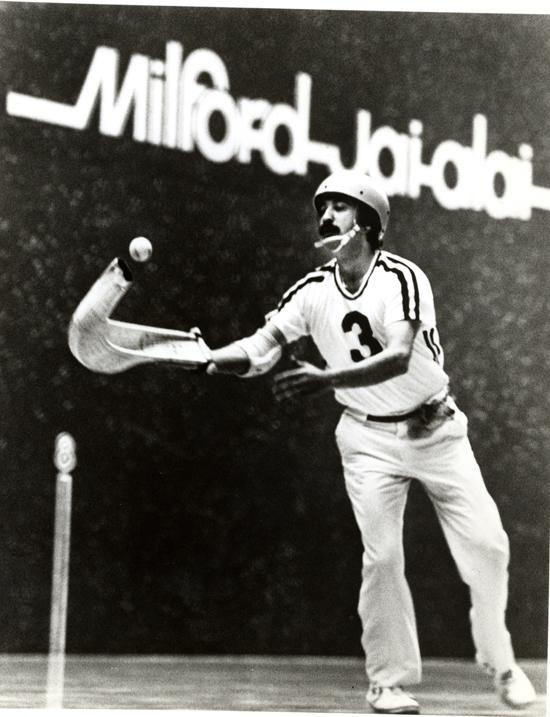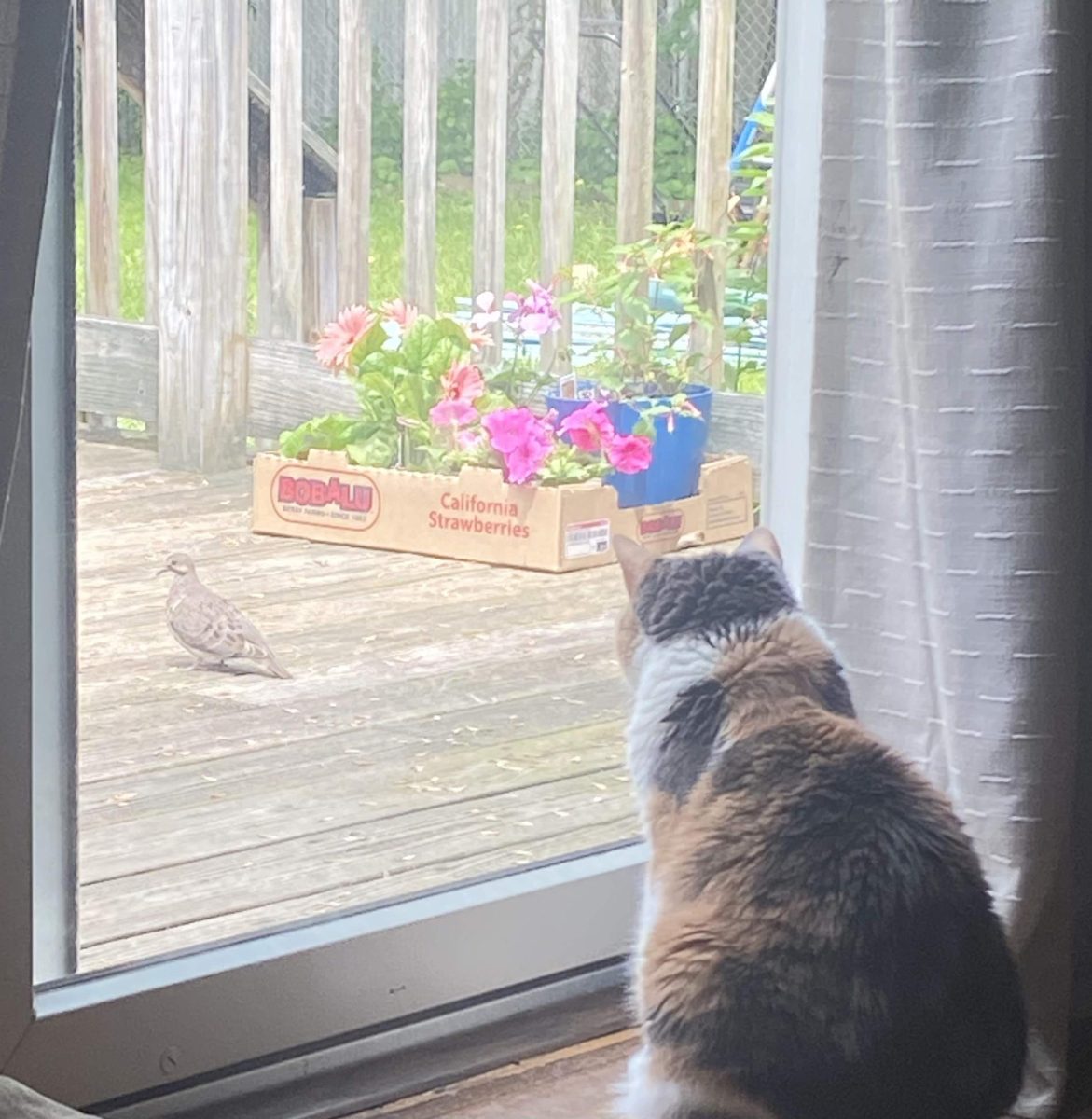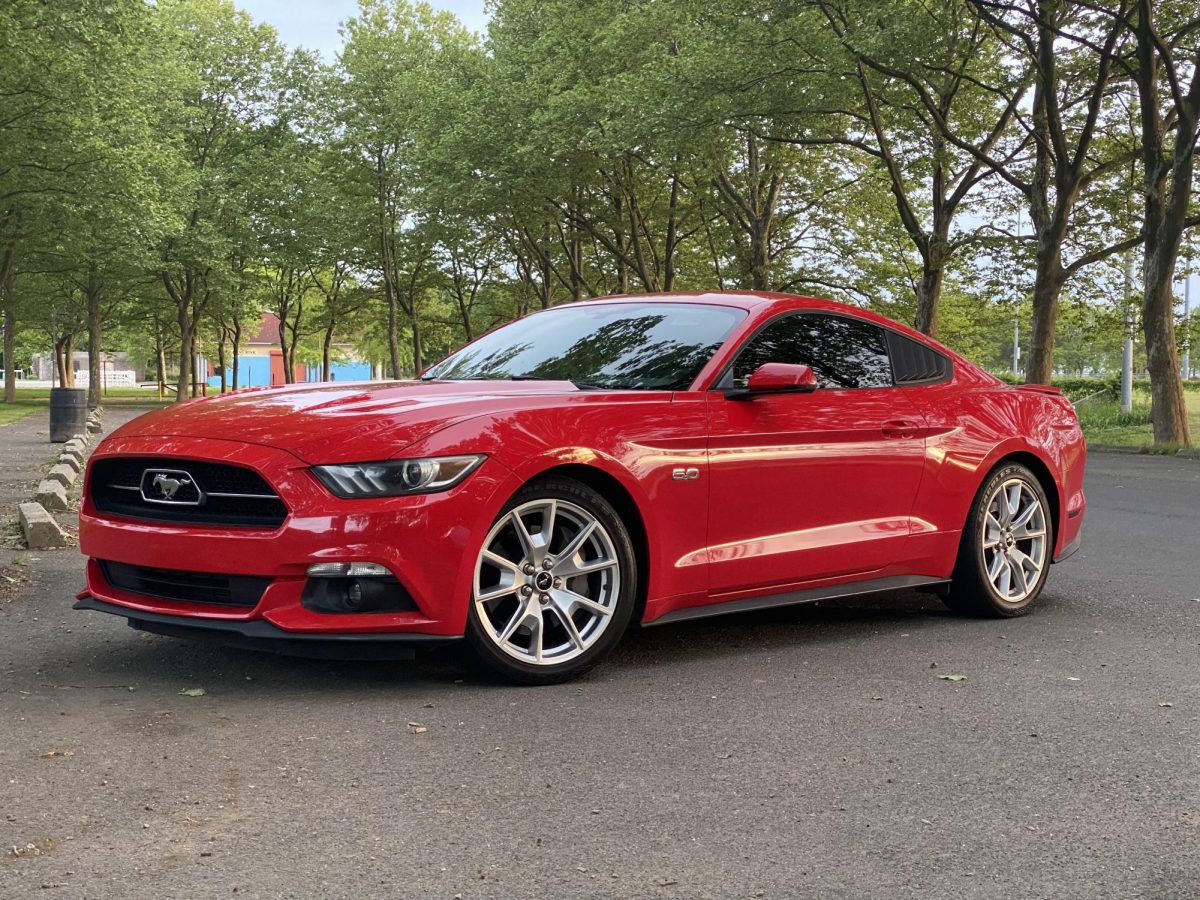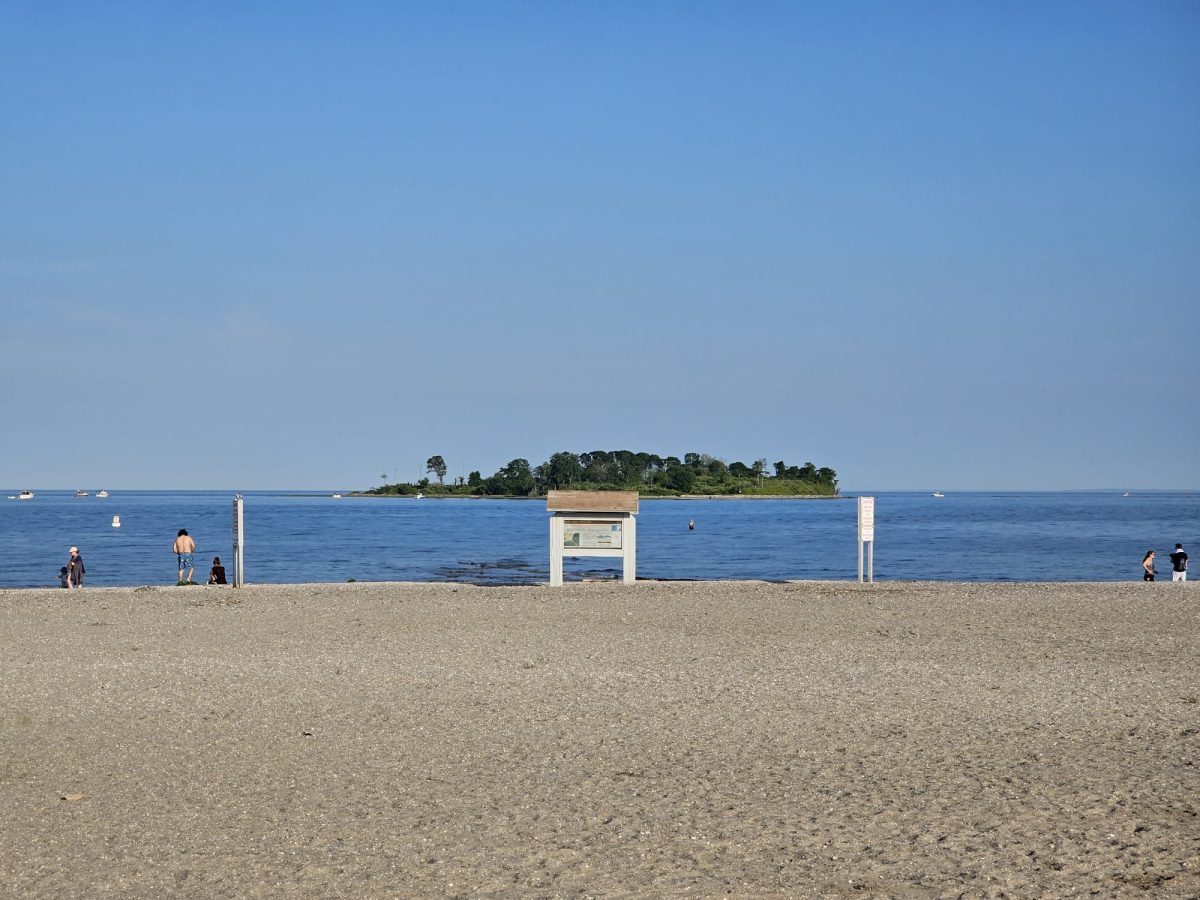Milford’s Short-Lived Jai Alai Obsession
June 4, 2021
In 1977, Milford opened its very own Jai Alai court and the sport quickly became an obsession in this small town. However, many people don’t know what Jai Alai is, let alone that it was a very popular sport in Milford, Connecticut of all places.
Jai Alai is known as the world’s fastest sport, originating in Basque Country, a region between Spain and France. The sport consists of several players launching a ball across a long, three walled room, called a cancha, wearing basket gloves known as cestas, with ball speeds reaching 185 mph. The goal is to score seven points: to score a point, you must throw the ball in such a way that your opponent cannot catch the ball.
Jai Alai, for many years, was only played in Basque Country, but it moved to America in the 70s. The first court opened in St. Louis and courts would soon open in Florida, one of the most popular places to play Jai Alai in America. In 1977, Milford Jai Alai was founded and quickly became a hotspot for Jai Alai players across the world. Famous players from Europe would live in Milford and play during the summers, and when winter came around, they would play in Miami. In fact, Milford was such a popular spot to play Jai Alai that the 1998 Jai Alai World Series was held here.
Jai Alai introduced Milford residents to the sport, and many began playing avidly. Some even turned it into a career. Roger Bauer grew up in Milford and played Jai Alai as a kid, but began playing professionally once he graduated high school. He says, “I became one of three Americans professionally playing Jai Alai in Milford.” Bauer would go on to play professionally all across the Eastern Seaboard, also playing in Orlando for a while.
Jai Alai wasn’t just played in America. Player Jim Pallock grew up in Milford and went on to play professionally in Barcelona, which he claimed was, “the best time of [his] life.”
One of the main reasons Jai Alai became so popular in Milford was because it was one of the only legal ways to gamble in the 70s. Before Jai Alai, if someone wanted to legally gamble, they could either bet at the Milford Dog Tracks or drive to Atlantic City. Betting on Jai Alai was so popular that during Milford Jai Alai’s opening weekend, $470,979 was bet, according to the New Haven Register.
The gambling aspect of Jai Alai contributed to why it became so popular in the U.S., but Bauer says, “I feel part of the reason people lost interest in Jai Alai was when casinos began opening up, and there were more ways other than Jai Alai to gamble.”
Jai Alai might have had a short lifespan in the US but left a lifelong impact on all those who played it. Pallock says, “I made friendships that have lasted 30 plus years… I got to compete against my best friends everyday.” Furthermore, Bauer stated his favorite part was how excited the crowd would get watching him play.
Milford Jai Alai closed in 2001 due to rumors of corruption and games being rigged. But, in its short time in this small town, Jai Alai had won a special place in the hearts of everyone in Milford.








jason | Dec 14, 2022 at 7:54 PM
I use to work at milford jaialai in the 80’s and 90’s parking car’s for laz parking, it was the best job in my youth, working there we where lucky to play on the court as amateur player’s, I made a lot of friend’s, it’s the only sport I enjoyed to play, I never was good enough to go pro. but it was a time in my life I will always cherish.
Laurie | Nov 7, 2021 at 6:13 PM
I found the Foran website today and think The Mane Street Mirror is a great idea.
Nice article. I have fond memories of going to Jai Alai with friends during the 80s, and watching Roger and my friend’s boyfriend play Jai Alai. It was very cool we had Jai Alai in Milford. Roger and I lived nearby and attended grammar school together. My friend’s bf was from the Basque region of Spain; he married my friend and they still live in Connecticut.
Laurie, Foran class of 1979
Mia Severson | Jun 6, 2021 at 9:30 AM
Great article. I remember going to Milford Jai Alai. It was like nothing else I had seen!